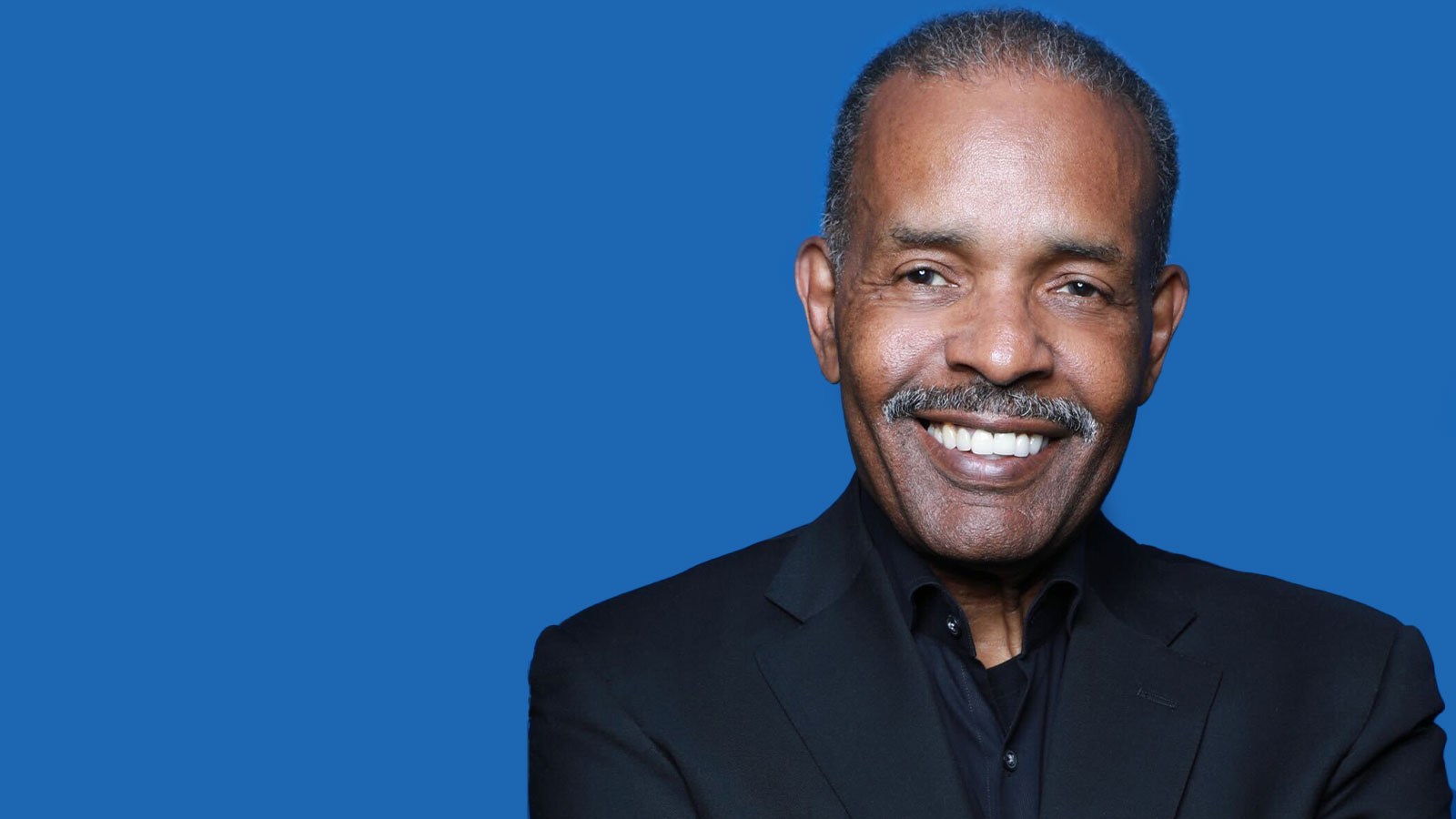Those fortunate to join Joe “The Black Eagle” Madison on the airwaves were taken to the zenith of conversation and commentary. Few radio hosts were as informed and versatile as Joe; he was always well-prepared on a topic, so listeners heard in-depth exchanges with his guests. The Black Eagle is now an ancestor, resting with other iconic broadcasters. He died in December at his home in Washington. He was 74.
And most of those who knew him had a Joe Madison story. Mine began in Detroit when he was at the helm of the NAACP branch and active in the civil rights movement. Later, during a conversation, we talked about the original Black Eagle, Hubert Julian, who flew in the 1920s. Like other facets of Black history and culture, Joe had chapter and verse on the intrepid pilot.
Long before his melodious voice zoomed into our ears, he was born Joseph Edward Madison on June 16, 1947, in Dayton, Ohio, to Felix, a press operator, and Nancy (Stone) Madison. In 1971, he earned a B.A. in sociology from Washington University in St. Louis, the first in his family to achieve this distinction. On campus, Joe starred on the football team, sang in the choir, and gave the world the first iteration of his broadcast career as a D.J. on the college’s radio station.
He was just 24 years old when he arrived in Detroit, then amid political turbulence, and quickly took his place among the community activists as the director of the NAACP’s chapter. This leadership role also gave him a platform to initiate a radio show on WXYZ-AM, and there was no looking back from there.
After moving to the nation’s capital, his voice on the airwaves radiated soon across the country with a nationally syndicated show on Sirius-XM, and it was there that the Black Eagle’s influence flourished and attracted a coterie of notable political and cultural dignitaries. No issue was off limits, and challenged his guests with probing questions, pushing them to delve even deeper into their commitments. Whether behind the microphone or in the streets behind a megaphone, Joe was a relentless advocate of social justice, marching in several rallies and demonstrations.
Most memorable was his hunger strike urging Congress to strengthen voting rights and handcuffing himself to the Sudanese Embassy in 2001 in protest against Khartoum’s war against southern Sudan. Images of his activism gave his shows additional power and cache. “Joe Madison was the voice of a generation,” President Biden said in a post on social media. “Whether it was a hunger strike for voting rights or his advocacy for anti-lynching legislation that I was proud to sign in 2022, Joe fought hard against injustice.”
NY Sen. Chuck Schumer was equally convinced of his unwavering stand on critical issues, noting that “Nobody fought harder for his beliefs and his community than Joe Madison,” he said in a statement.
Despite being diagnosed with prostate cancer in 2009, Joe continued to deliver his commentaries and make it to several important conferences and seminars. One of my last moments with him was two years ago when we made back-to-back appearances on Dr. Ron Daniels’s radio show on WBAI-FM, and Joe reminded me of our days on the frontline of struggle in Detroit. What he exemplified there never receded but only intensified and spread as he grew in stature and admiration. None of his activities were missed by his family, including his wife, Sharon, and their four children, Shawna, Jason, Monesha, and Michelle.















